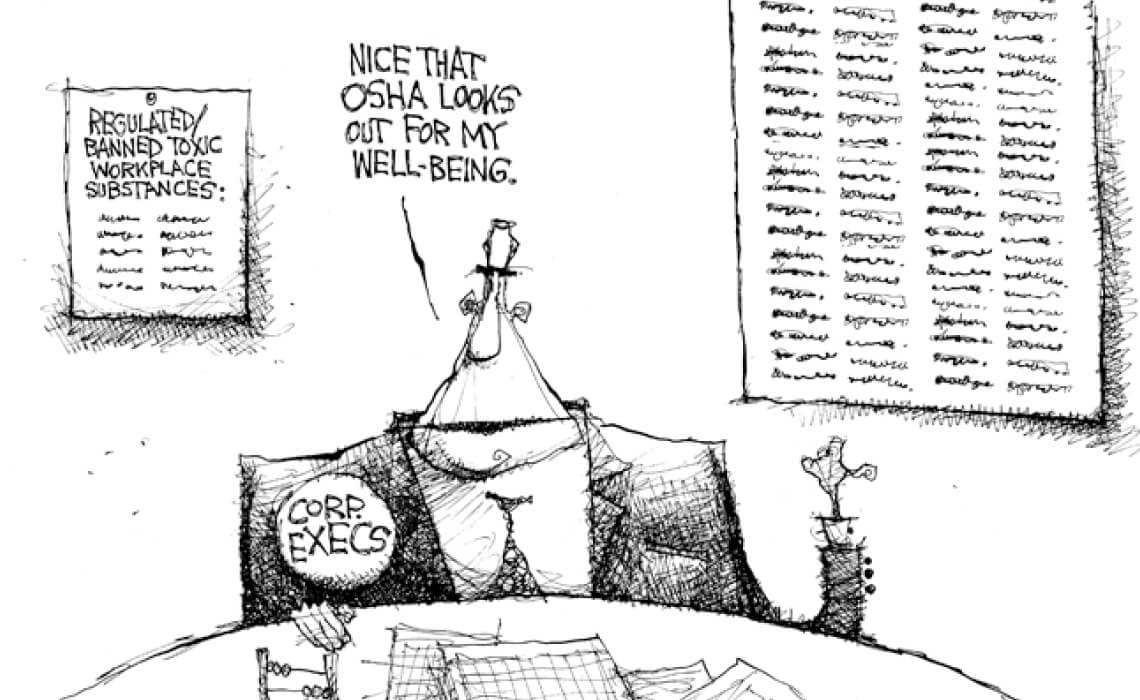Original reporting

Congress fiddles while Treasury burns
No action on bill that would stop corporations that try to avoid taxes by shirking their American citizenship.
Ignoring a solution to chronic drug shortages
Market-based solutions have failed to work. Yet having the government manufacture some of the drugs remains the option that no one considers. Why not?
Education underfunding still foundation of New York’s new budget
Lawsuit highlights state's failure to fund K-12 at level agreed necessary in 2007.
Think twice before throwing doctors to the wind
Should nurse practitioners continue to supplant doctors in the provision of primary care, despite the substantial additional training that doctors receive?
Forging a different path
San Jose’s problems can be solved, but only if structural causes are addressed, including inequities in Silicon Valley, a nationwide tax incentive competition, and California’s restrictions on local revenue.




